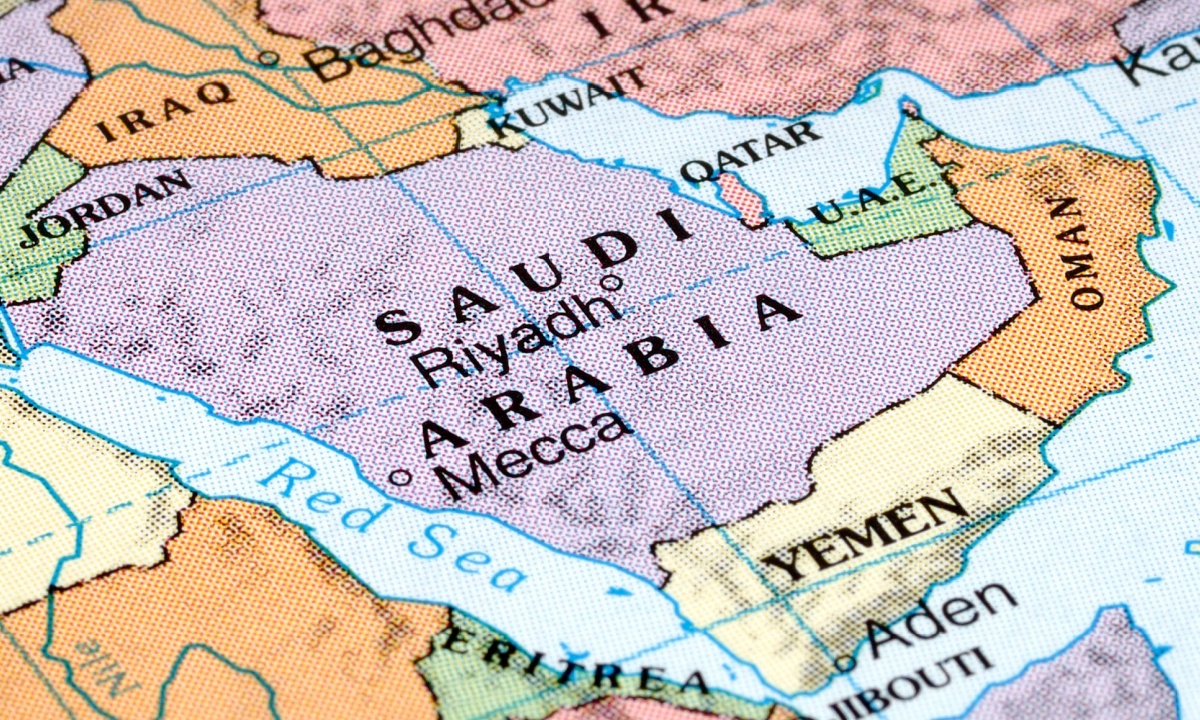Analysis Report
News Summary
Saudi Arabia and the UAE are making strategic moves to solidify their positions as leaders in the artificial intelligence (AI) sector within the Middle East. Both nations are heavily investing in AI technologies, with Saudi Arabia focusing on integrating AI into its government operations and daily life under the Vision 2030 initiative. Meanwhile, the UAE is aiming to bolster its tech ecosystem by attracting global AI talent and hosting international AI-related events to foster innovation and collaboration.
6-Month Context Analysis
Over the past six months, there's been a growing trend in the Middle East towards embracing high-tech solutions and diversifying economies reliant on the oil sector. Both Saudi Arabia and the UAE have made headlines with numerous bilateral tech agreements and the creation of national strategies to integrate AI into various sectors, such as healthcare, transportation, and education. This development indicates a regional competition to become a tech powerhouse and create sustainable economic growth through innovation.
Future Trend Analysis
Emerging Trends
The regional emphasis on AI signifies several key emerging trends: - Increased focus on research and development (R&D) funding - Establishment of AI-friendly regulatory frameworks - Growth of AI education programmes to develop local talent - Partnerships with global tech firms to enhance technological capabilities
12-Month Outlook
In the next 6-12 months, we anticipate: - Enhanced cross-border collaborations within the Middle East - Introduction of AI-driven public services and infrastructure projects - Government initiatives to position local companies as global AI leaders
Key Indicators to Monitor
- Levels of government investment in AI projects - Number of international AI conferences hosted - Growth rate of AI-related educational programmes - Influx of foreign tech companies and talents into the region
Scenario Analysis
Best Case Scenario
Saudi Arabia and the UAE successfully establish themselves as AI hubs in the Middle East, leading to increased foreign investment and technology-driven economic diversification. Both countries develop robust local AI talent pools and see rapid growth in AI-related job markets.
Most Likely Scenario
The two nations continue to evolve as competitive AI centres with moderate success in attracting global tech companies and enhancing their domestic tech ecosystems. Incremental advancements in AI application across sectors improve efficiency and public service delivery.
Worst Case Scenario
Political or economic instability hampers AI development efforts, resulting in wasted investments and slow technology adoption. Possible failure to create effective regulatory environments deters international partnerships and hinders talent acquisition.
Strategic Implications
- **For Tech Firms**: Consider partnerships and joint ventures in the region to capitalise on government-backed projects. - **For Investors**: Monitor regulatory changes and investment opportunities in AI start-ups. - **For Governments**: Strengthen international collaborations and focus on AI education programs to nurture local expertise.
Key Takeaways
- Saudi Arabia and UAE are actively pursuing leadership in the AI sector, aiming to diversify their economies.
- A trend of increasing cross-border collaboration and investments in technology is evident.
- Emerging AI strategies should focus on education, talent acquisition, and regulatory frameworks.
- Future success depends on creating robust tech ecosystems and strategic international partnerships.
- Stakeholders should monitor policy developments and investment levels to seize emerging opportunities.
Source: PYMNTS




















Discussion